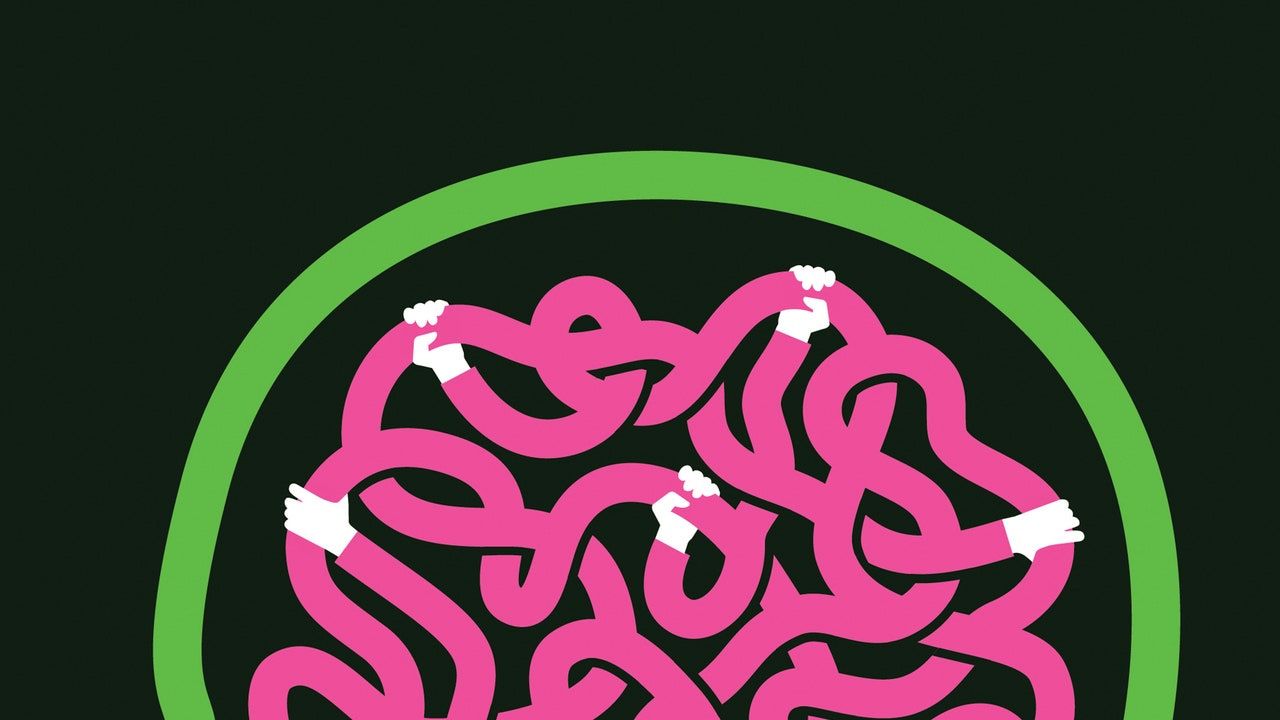Dark Secrets of the Mind: 9 Psychological Truths You Were Never Told
Explore the hidden forces shaping your thoughts, behavior, and emotions — and why you’re not as in control as you think.
We all like to believe we are in full control of our thoughts and actions. But what if that confidence is just an illusion?
Beneath the surface of your daily awareness, your mind is running a secret program. One filled with strange habits, emotional traps, and hardwired responses you never consciously chose. These are the dark secrets of the mind. They a…



